Retinol Creams: Addressing Skin Texture
Retinol Creams: Transforming Your Skin Texture
Introduction
In the pursuit of flawless skin, retinol stands out as a transformative ingredient. This blog dives deep into how retinol creams specifically target and enhance skin texture, offering insights for those who are especially concerned about uneven, dull, or aging skin.
Unveiling Retinol: A Skincare Marvel

Retinol, a vitamin A derivative, is a celebrated hero in the skincare realm. Its unique ability to penetrate deep into the skin and initiate cellular processes makes it a key player in improving skin texture and tone.
How Retinol Refines Skin Texture

- Cellular Renewal: Retinol accelerates the turnover of skin cells, shedding the old, damaged cells on the surface to reveal newer, smoother skin underneath.
- Collagen Stimulation: By boosting collagen production, retinol strengthens the skin's structural matrix, reducing fine lines and enhancing elasticity.
- Pore Refinement: Its ability to unclog and diminish the appearance of pores leads to a more refined and smooth skin texture.
- Balancing Skin Tone: Regular use of retinol helps in fading dark spots and hyperpigmentation, leading to an even skin tone.
Selecting the Perfect Retinol Cream
When choosing a retinol cream, it's essential to consider:
- Skin Needs and Concerns: Tailor your choice to address specific concerns like acne, wrinkles, or uneven texture.
- Retinol Formulation: Opt for encapsulated retinol for controlled release, which is gentler on the skin.
- Supporting Ingredients: Seek creams that include ceramides, peptides, or antioxidants for additional skin benefits.
Mastering the Application of Retinol Creams

- Introduce Gradually: Start with a small amount, 2-3 times weekly, and observe how your skin responds.
- Consistency is Key: Regular, consistent use is crucial for noticeable improvements in skin texture.
- Layer Wisely: Apply retinol after lighter serums and before heavier moisturizers.
Retinol for Specific Texture Concerns
- For Acne-Prone Skin: Look for non-comedogenic formulas.
- For Sensitive Skin: Choose retinol creams with soothing agents like aloe vera or niacinamide.
- For Mature Skin: Consider higher concentrations of retinol combined with hydrating ingredients.
Expert Tips for Optimal Results
- Patience Pays Off: Results may take a few weeks to a few months to become evident.
- Sunscreen is a Must: Protect your skin with SPF 30 or higher during the day.
- Balanced Skincare Routine: Incorporate a gentle cleanser and a nourishing moisturizer to support your retinol regimen.
FAQs
-
Q: How does retinol improve skin texture? A: Retinol promotes cell turnover and collagen production, leading to smoother, firmer, and more even-textured skin.
-
Q: Can retinol cause skin thinning? A: No, retinol does not thin the skin. It actually helps in thickening the deeper layers of the skin, improving its overall health.
-
Q: How long should I use retinol to see changes in skin texture? A: It typically takes about 12 weeks to notice significant improvements in skin texture.
-
Q: Is it normal for skin to peel after using retinol? A: Yes, mild peeling is normal as retinol encourages skin cell turnover.
-
Q: Can retinol be used alongside other active ingredients? A: Yes, but with caution. It's best to consult with a dermatologist to create a compatible skincare routine.
Conclusion
Retinol creams are not just another skincare trend; they are a scientifically-backed pathway to achieving smoother, healthier skin. By understanding how retinol works and how to use it effectively, you can significantly enhance your skin's texture and radiance.


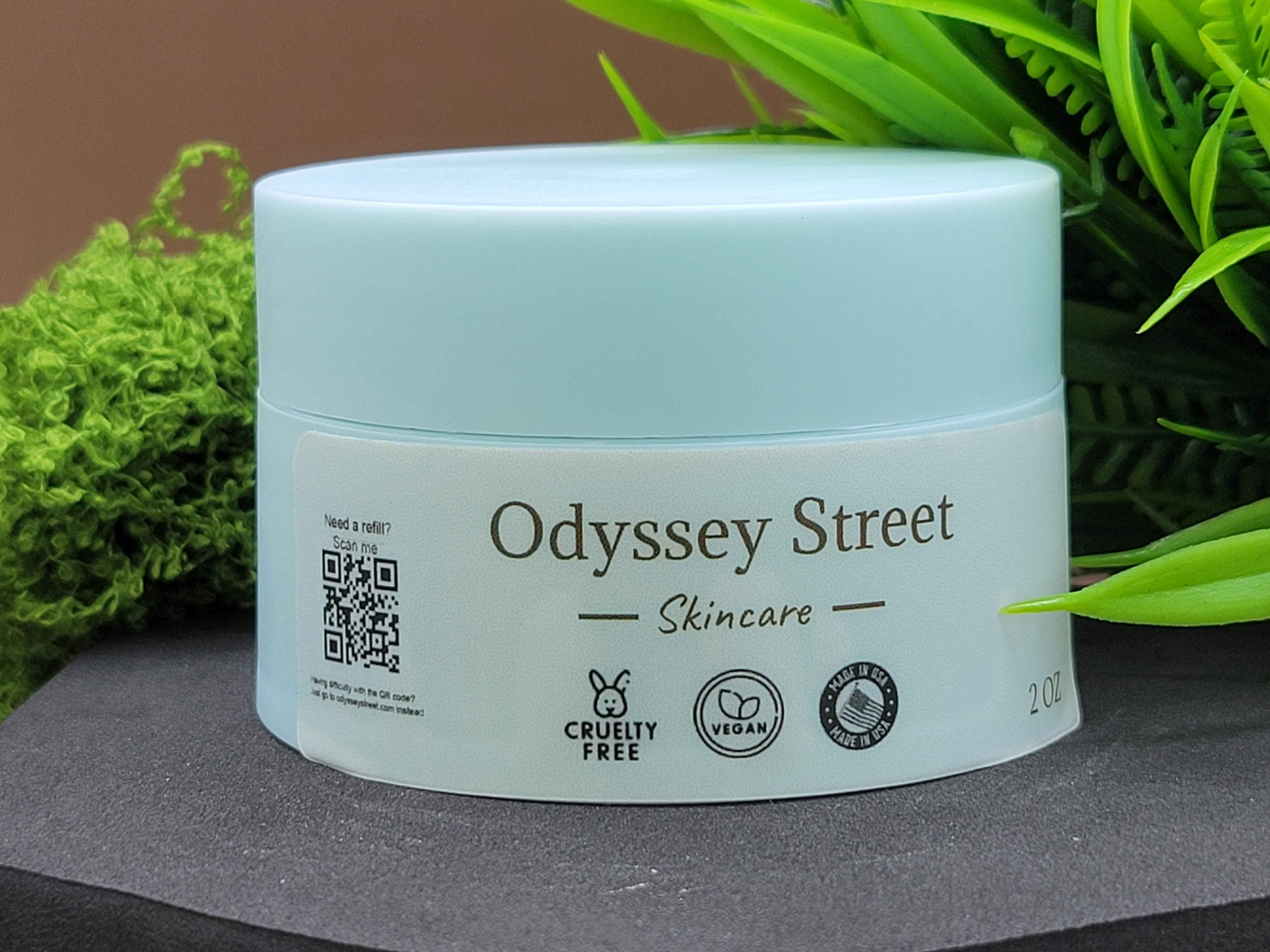
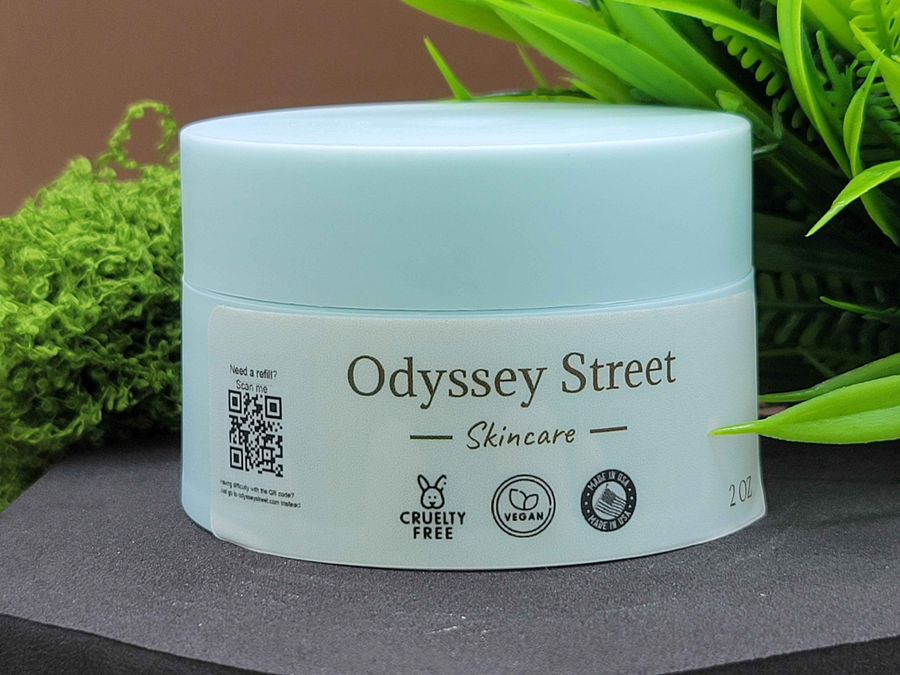
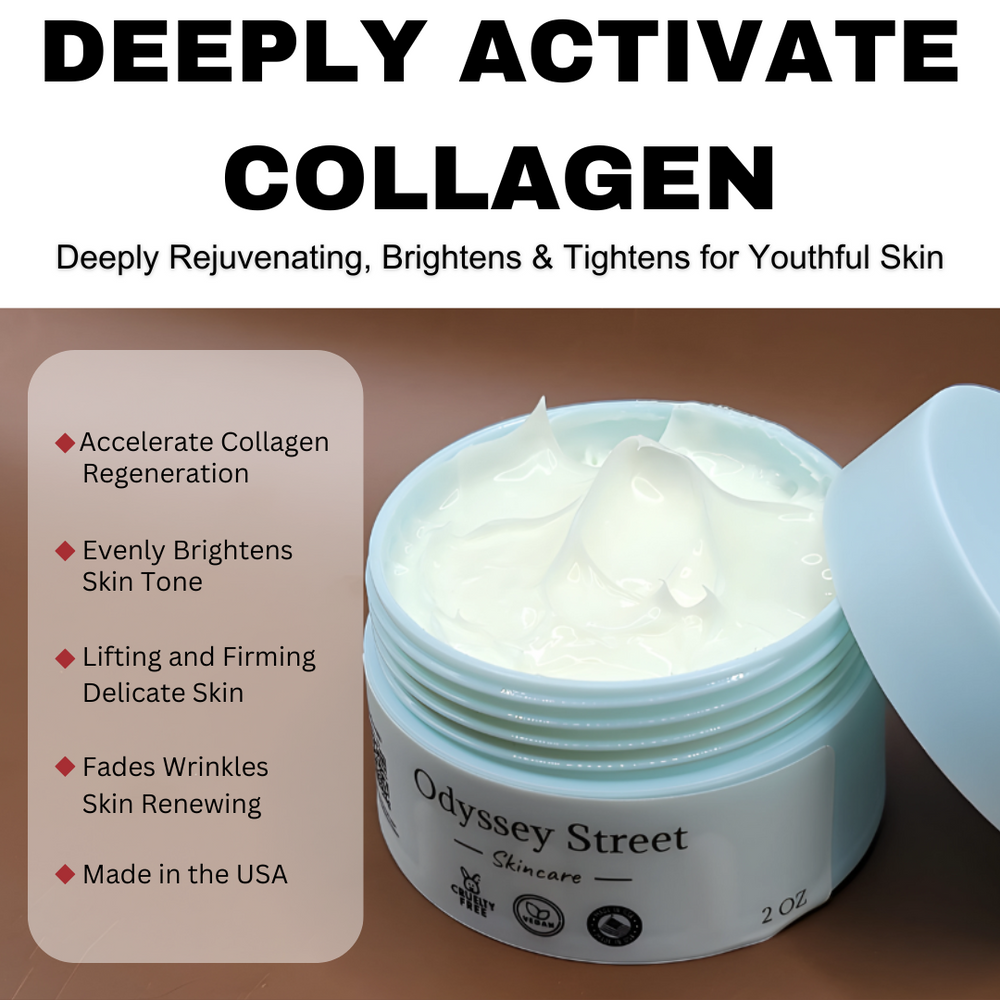


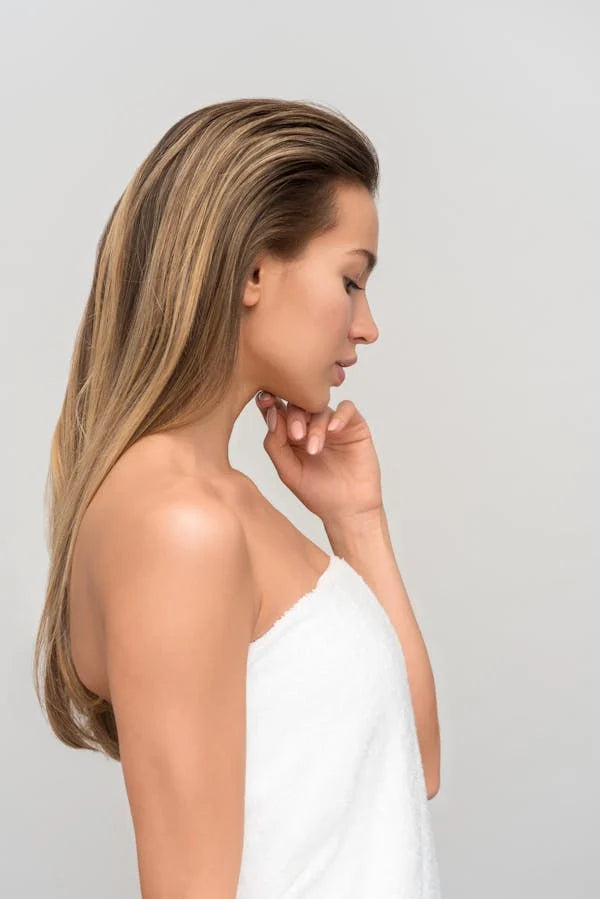

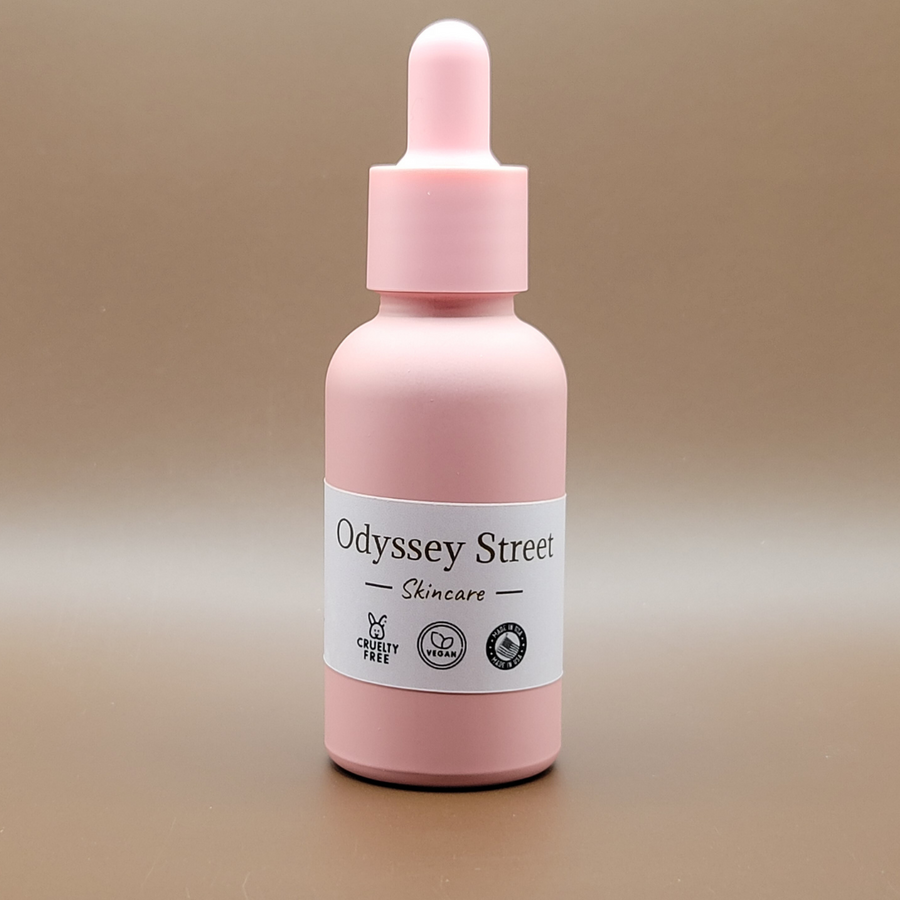
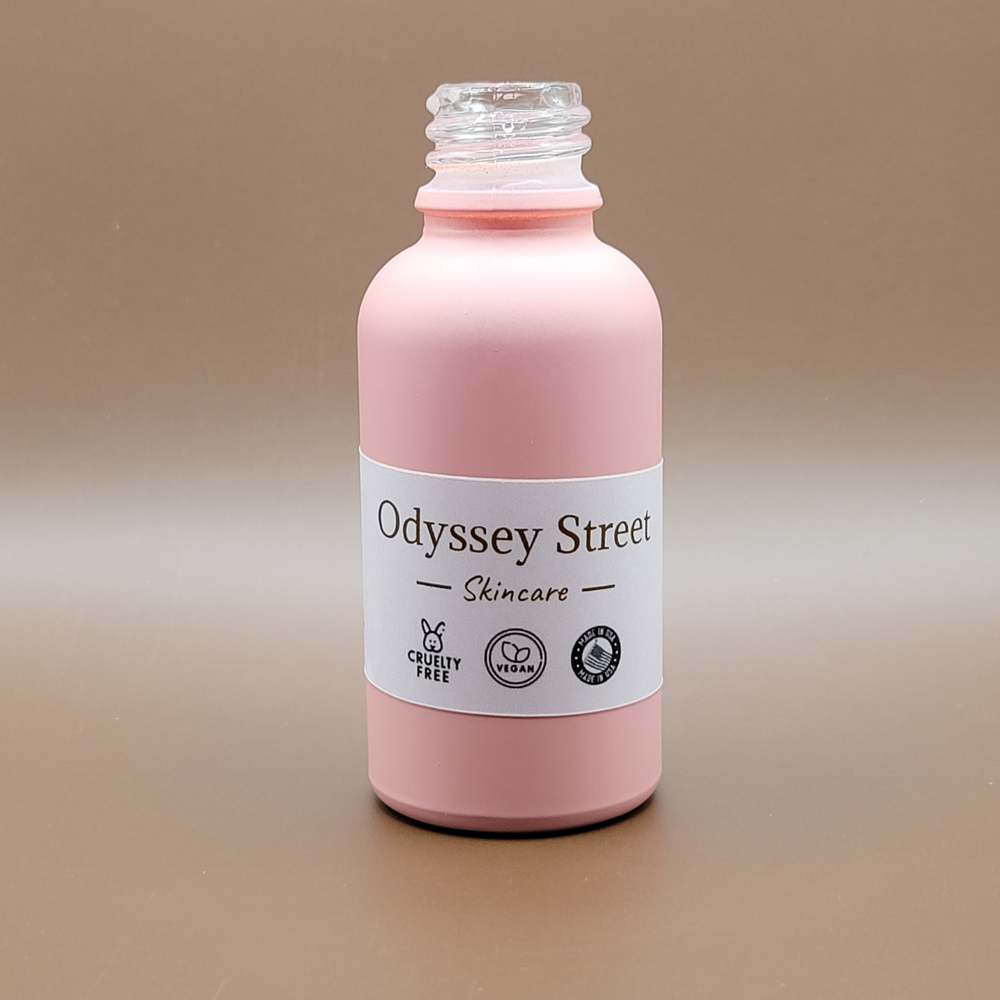
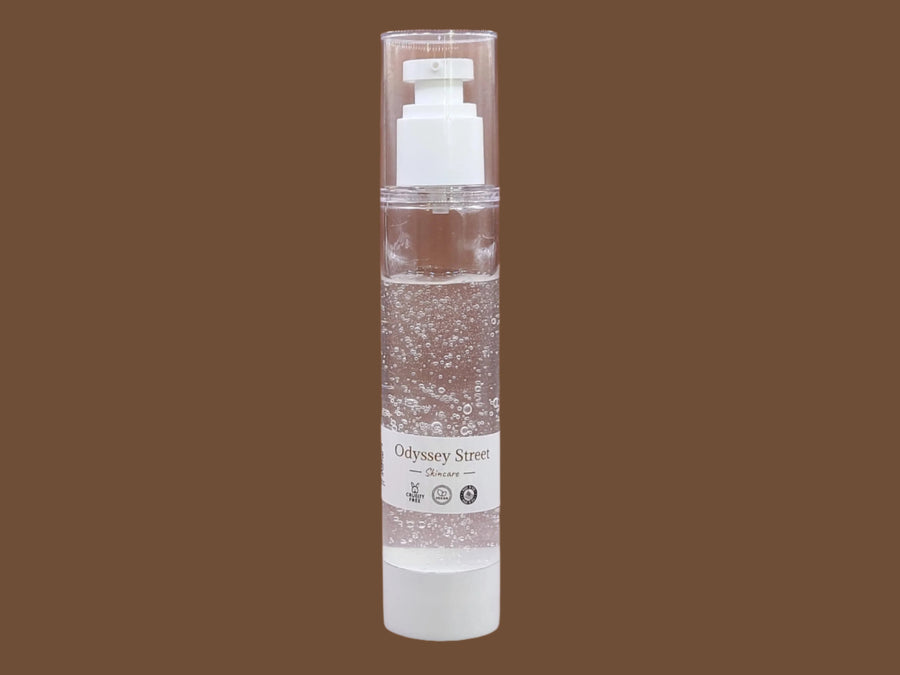
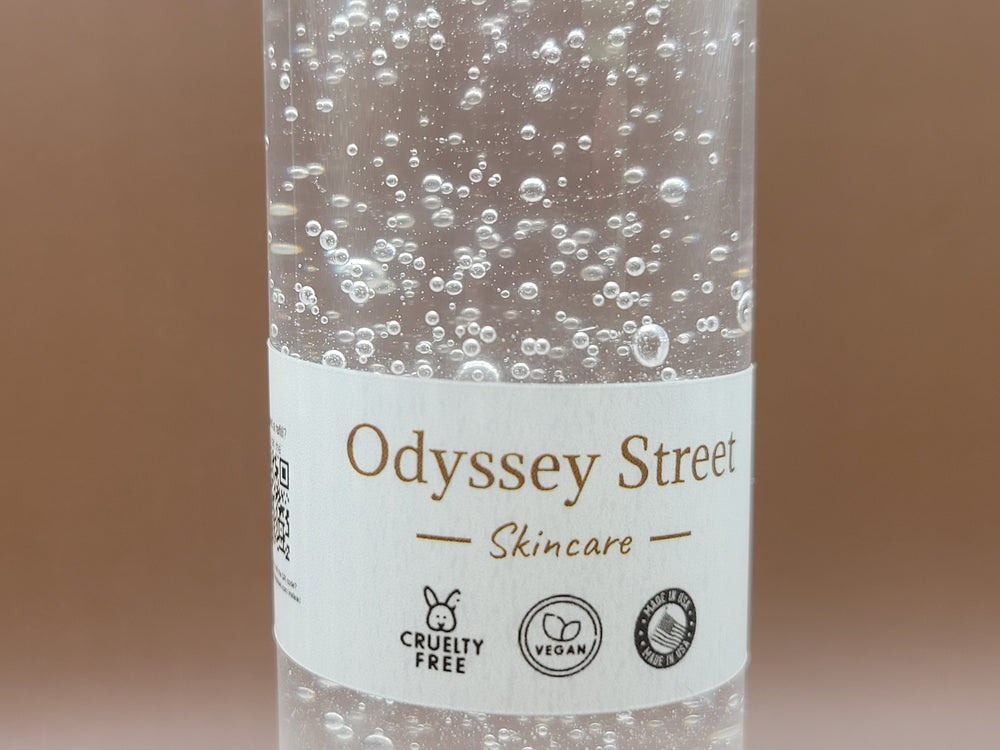
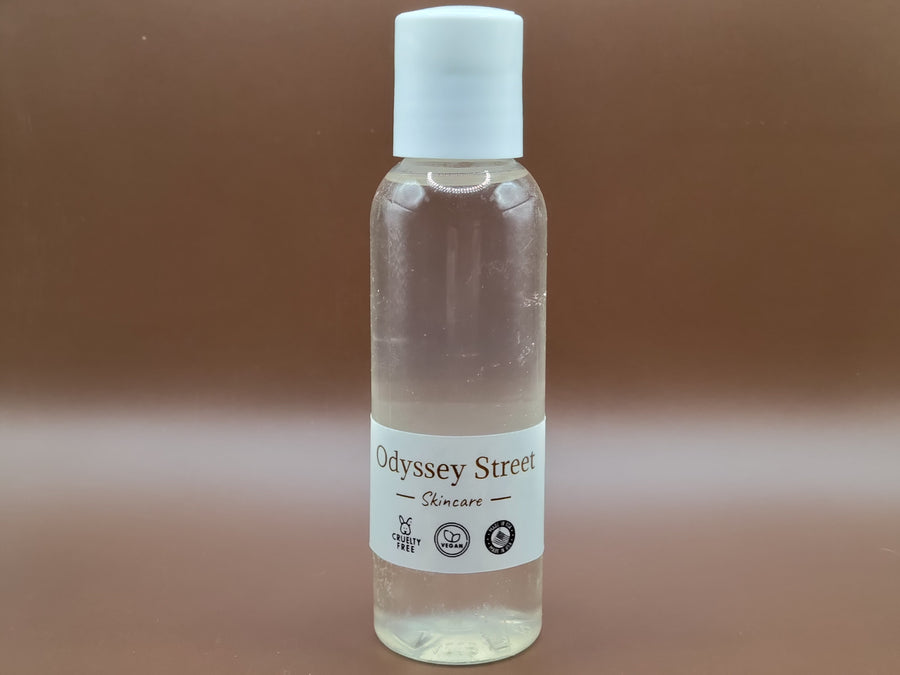
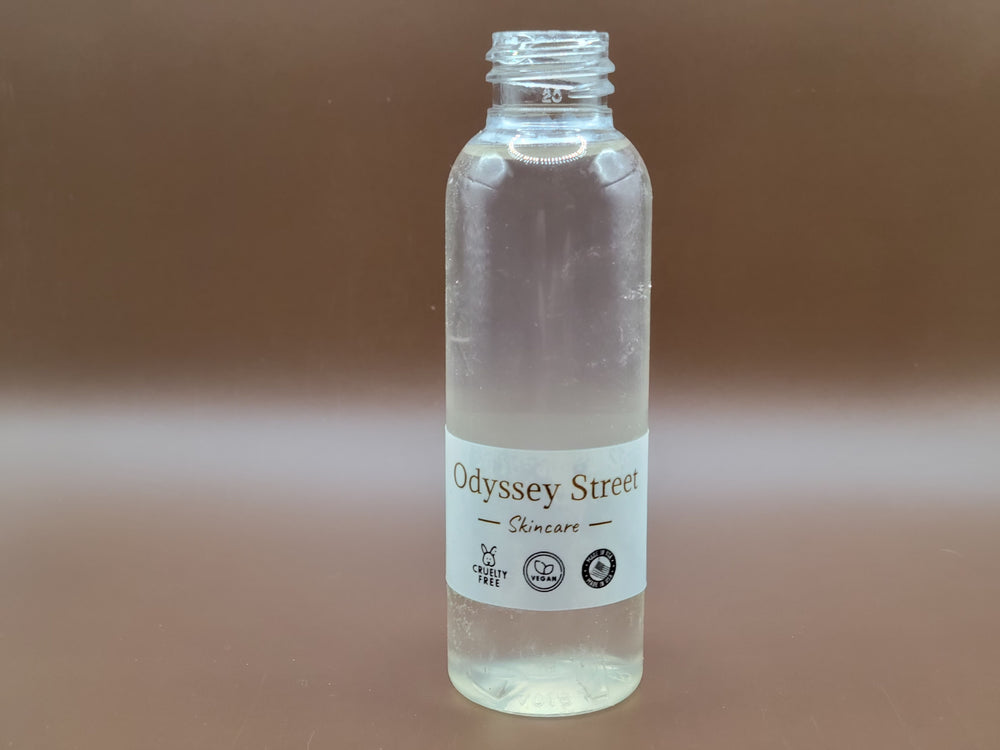
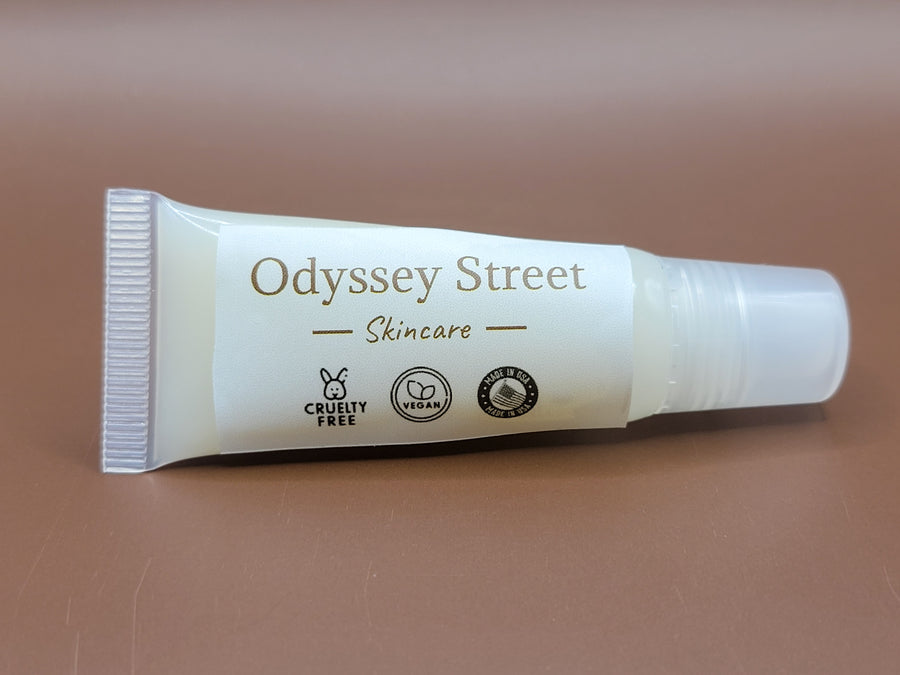
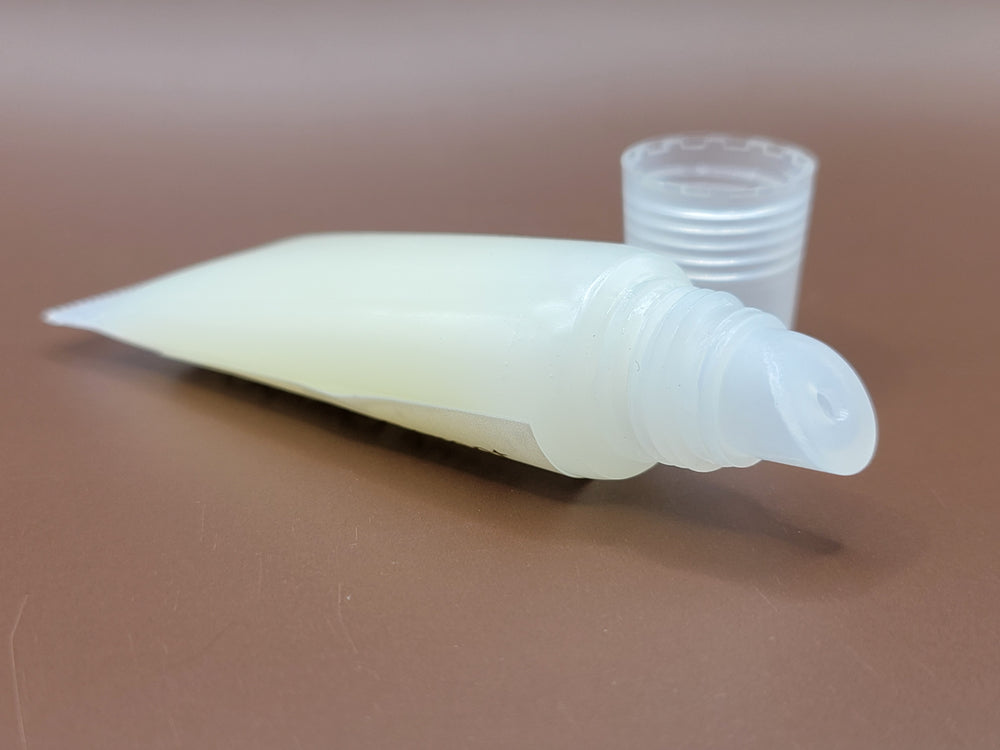
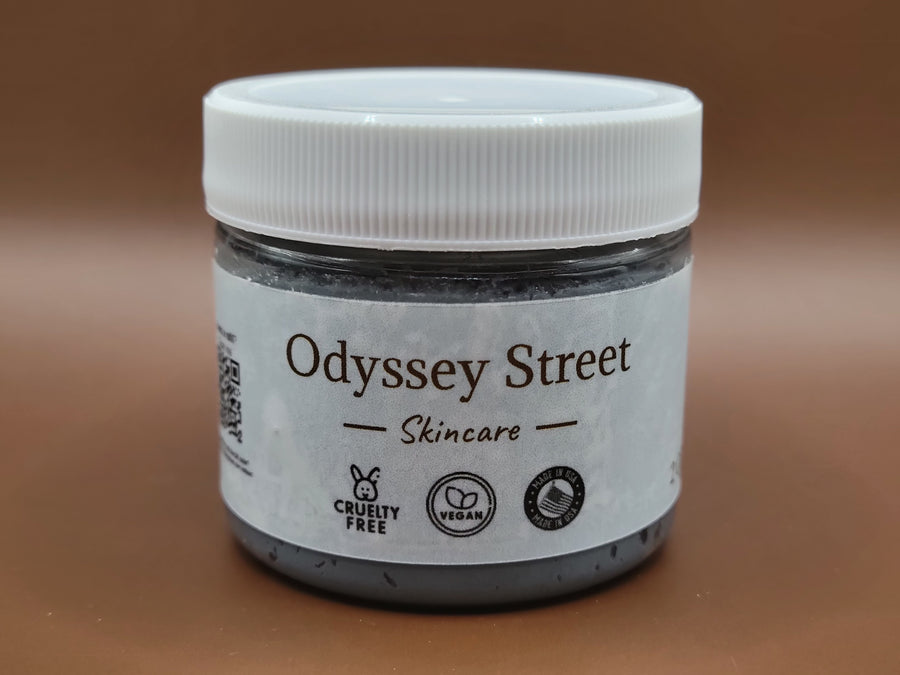
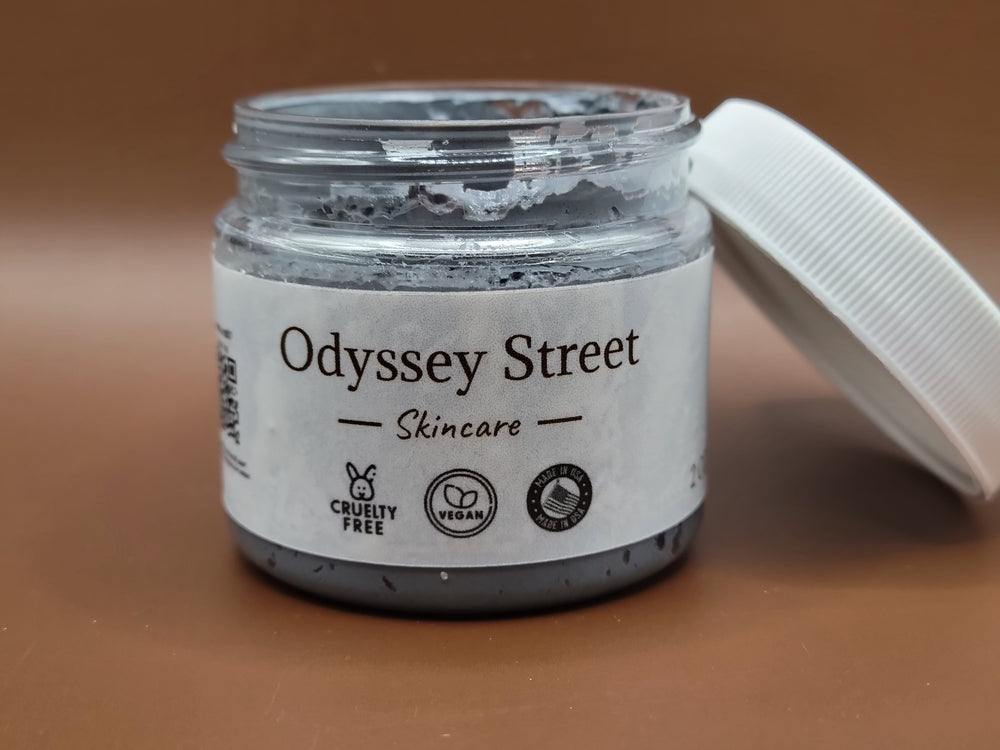
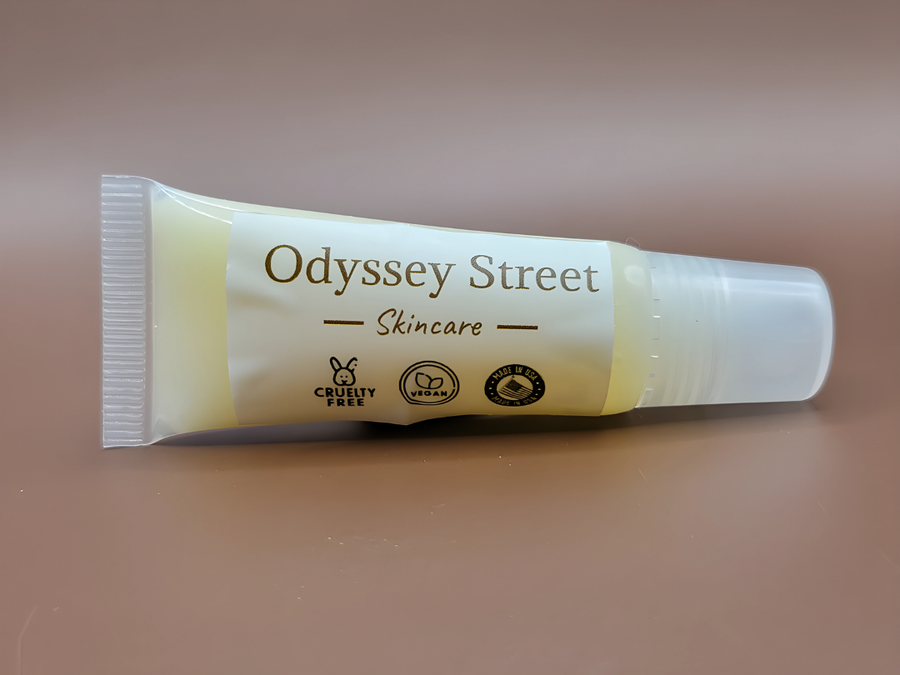
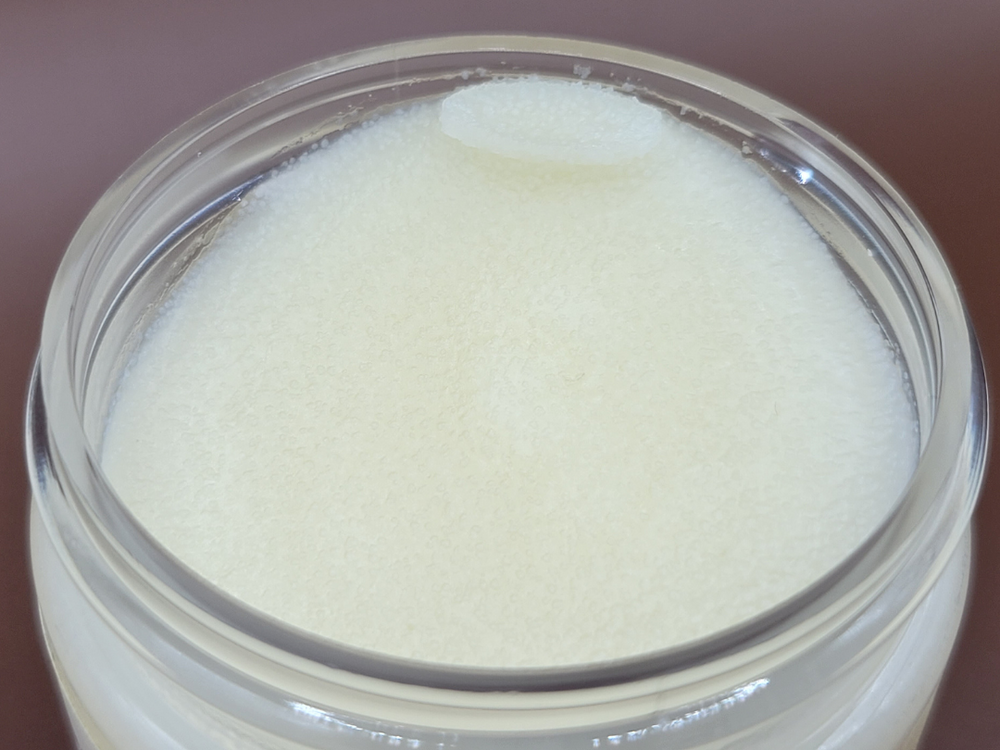
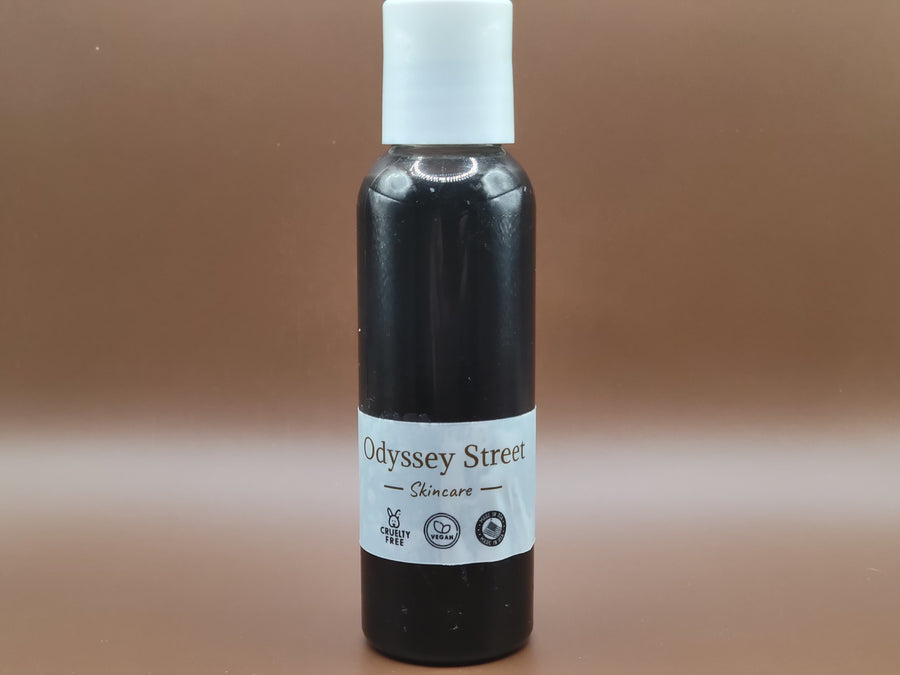
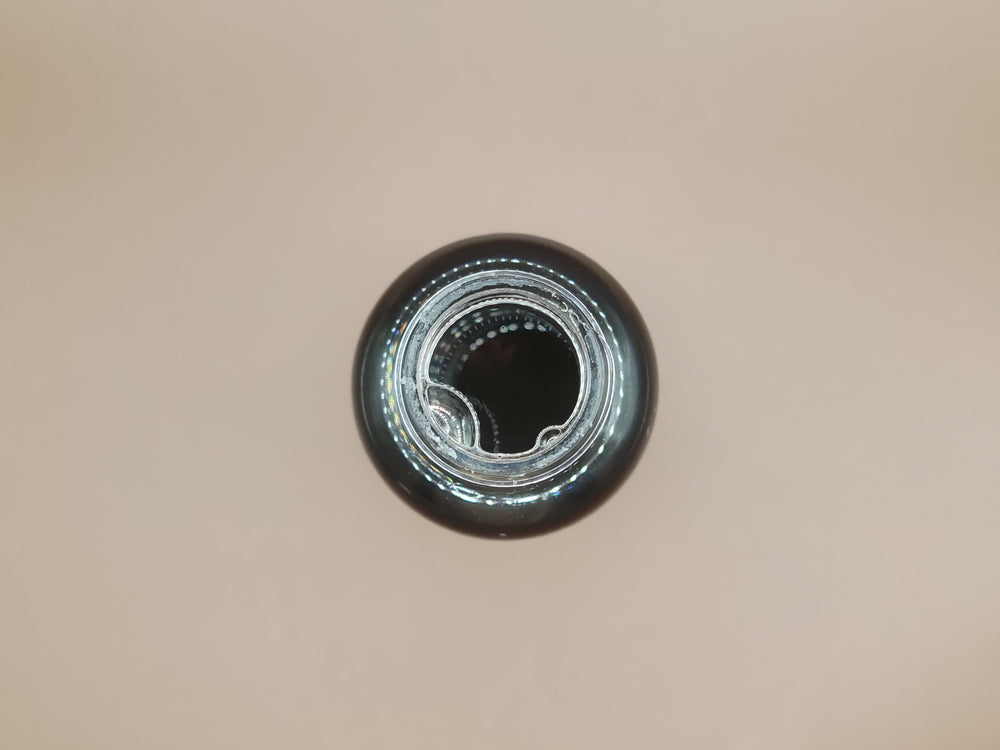
Leave a comment